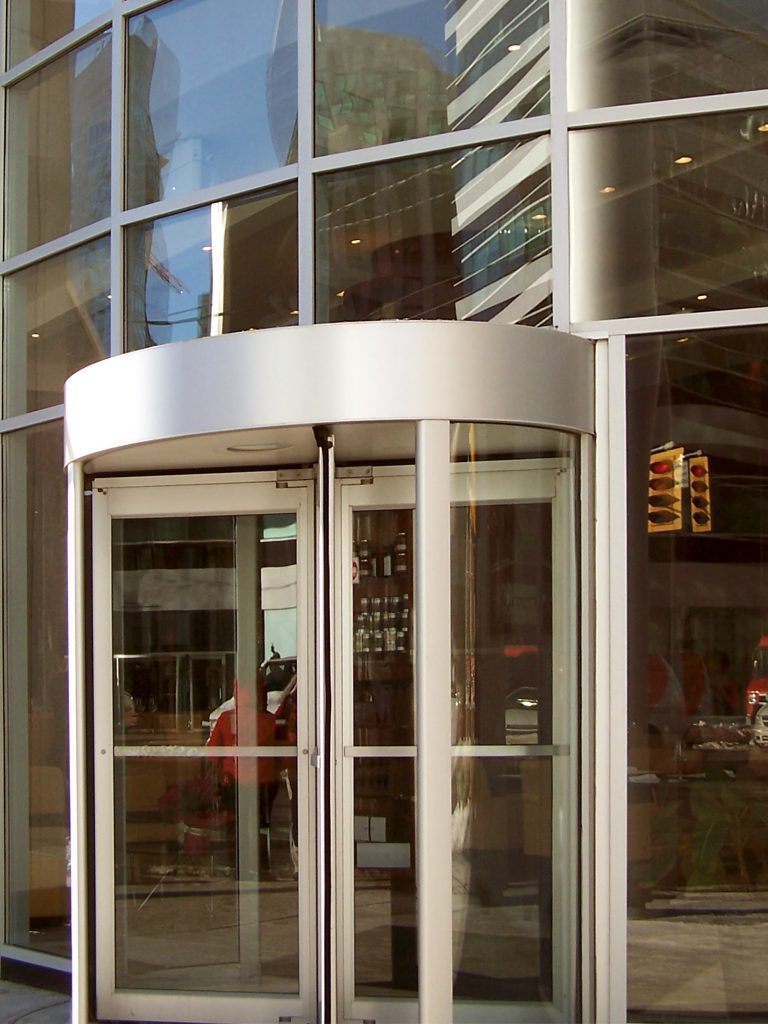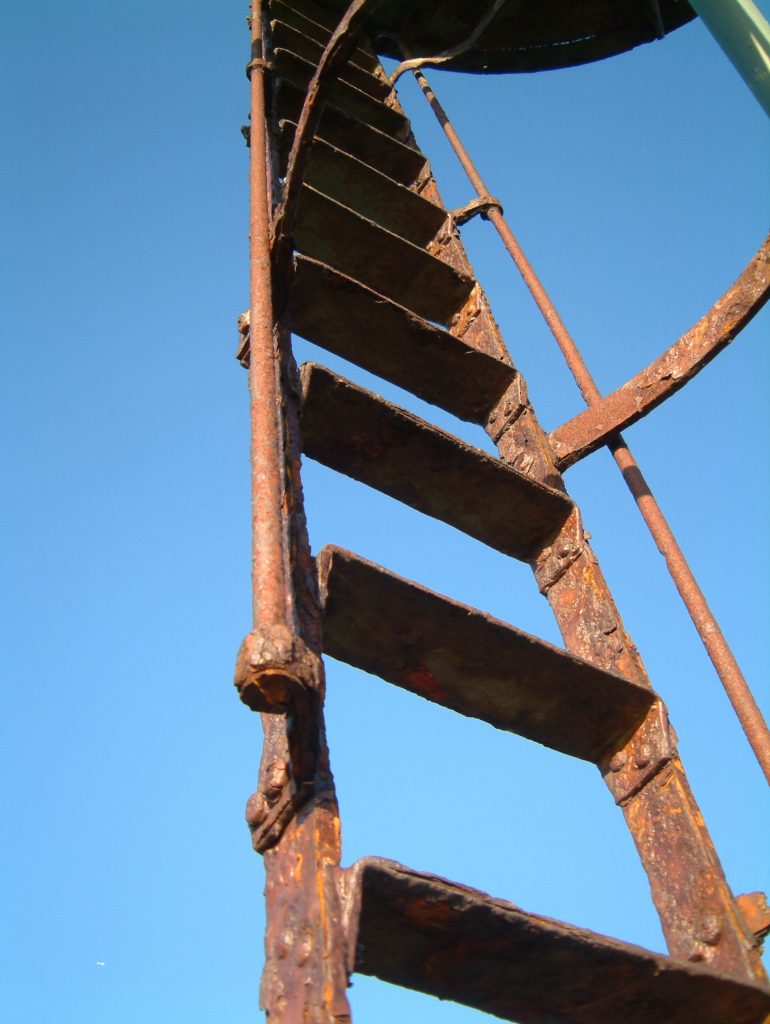 We live in an age in which modern medicine can do wonders for people suffering from various illnesses and conditions. These drugs are designed to provide patients with the ability to live healthy and fulfilling lives. However, there are always side effects to consider when taking any drug. Each patient should discuss these possibilities with their doctor and make an educated decision whether to take the drugs or not. Even after this “due diligence” there can still be unintended consequences from certain drugs. Through no fault of their own, after having weighed the decision and exploring all of their options, patients may find themselves in much worse condition than what they were in before taking the drug. In cases such as these, a good products liability attorney is essential to securing the relief you’re entitled to.
We live in an age in which modern medicine can do wonders for people suffering from various illnesses and conditions. These drugs are designed to provide patients with the ability to live healthy and fulfilling lives. However, there are always side effects to consider when taking any drug. Each patient should discuss these possibilities with their doctor and make an educated decision whether to take the drugs or not. Even after this “due diligence” there can still be unintended consequences from certain drugs. Through no fault of their own, after having weighed the decision and exploring all of their options, patients may find themselves in much worse condition than what they were in before taking the drug. In cases such as these, a good products liability attorney is essential to securing the relief you’re entitled to.
This particular case is set in Shreveport, Louisiana. GlaxoSmithKline (GSK), the defendant, is a drug company who manufactures and markets Paxil, a selective serotonin reuptake inhibitor, or SSRI, used to treat depression. The plaintiff, Cinda McLaughlin, began taking Paxil in 2003 for depression. In June of 2010, Cinda had two valves replaced in her heart. Her doctor alleged that her heart valves showed damage that was caused by exposure to increased levels of serotonin. Cinda took Paxil and its generic equivalent, Paroxetine, for years prior to her heart surgery. These were the only drugs that she took that could account for the higher serotonin levels.
Shortly after Cinda’s surgery, she met with an attorney to discuss her options. Her attorney then met with her doctor regarding product liability issues. The doctor said he had no knowledge that Paxil caused abnormalities of the valve, but he did not dismiss altogether that it was a possibility. Their meeting concluded with the doctor promising to document any evidence that could have shown Cinda’s drug induced valve failure.
 Louisiana Personal Injury Lawyer Blog
Louisiana Personal Injury Lawyer Blog




 Some forms of business entities protect their members from certain liabilities and legal actions that might be taken against them. One of these forms is a limited liability company. The Louisiana Third Circuit Court of Appeals recently decided that the protection afforded under this form of company was enough to protect the defendant from going forward to full trial.
Some forms of business entities protect their members from certain liabilities and legal actions that might be taken against them. One of these forms is a limited liability company. The Louisiana Third Circuit Court of Appeals recently decided that the protection afforded under this form of company was enough to protect the defendant from going forward to full trial.
 When a person is harmed or comes across what that person sees as an injustice, that person may feel that the only way out is through the courts. However, someone seeking help in the courts must be sure that the problem is one that a court can help. An injunction is a method by which someone can ask a court to order a person or company to either do something or stop doing something. Usually it is required in Louisiana that the party requesting an injunction be at risk of irreparable harm or harm that cannot be undone by the payment of money. This does not apply, though, if the action to be stopped is illegal to begin with.
When a person is harmed or comes across what that person sees as an injustice, that person may feel that the only way out is through the courts. However, someone seeking help in the courts must be sure that the problem is one that a court can help. An injunction is a method by which someone can ask a court to order a person or company to either do something or stop doing something. Usually it is required in Louisiana that the party requesting an injunction be at risk of irreparable harm or harm that cannot be undone by the payment of money. This does not apply, though, if the action to be stopped is illegal to begin with.